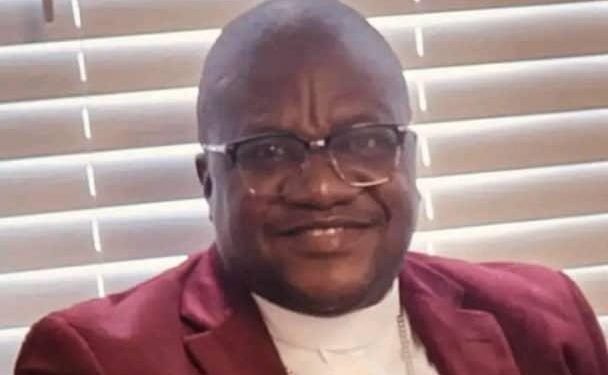Freetown – The Rev. Engineer Dr. Paul Charles Saffa has said that Sierra Leone’s struggle with reliable electricity is not due to a single cause but a combination of structural gaps, under-investment, and operational challenges that have persisted for decades. Speaking in an exclusive interview, he emphasised that the first step towards sustainable electricity is the development of a strong national transmission backbone. Without such a system in place, he noted, a stable supply across regions will remain a challenge.
He enlightened that Sierra Leone currently loses between 30 to 41 percent of electricity generated through technical faults, theft, and inefficiencies, which means that for every hundred dollars’ worth of power supplied, more than forty dollars is lost. This, he stressed, places an enormous financial strain on the government and service providers.
Rev. Engineer Dr. Saffa further observed that the governance structure of the sector requires strengthening. In his view, the government should continue to provide broad policy direction, but that those policies must be translated into measurable Key Performance Indicators (KPIs) by the Board, against which the management of the Electricity Distribution and Supply Authority (EDSA) can be held accountable. This way, policies move beyond rhetoric and become practical targets with timelines, budgets and performance standards. Such a supervisory chain, he noted, would bring discipline, transparency and predictability into the sector.
He also explained that Sierra Leone’s electricity challenge is worsened by low domestic demand articulating that unlike in more industrialised countries, the general population does not own heavy household equipment such as air conditioners, laundry machines, or industrial-grade appliances.
As a result, domestic electricity consumption is low and cannot generate enough revenue to sustain the cost of production. He illustrated this by recalling how, in Kono District, the Octea Mining Company at one point paid almost the entire electricity bill for the area, enabling EDSA to focus on maintenance and continuity of service. For this reason, he argued, industrial customers must be developed and integrated into the grid as anchor consumers who can balance the financial structure of the system.
Rev. Engineer Dr. Paul Saffa further recommended that the government should engage mining companies such as Sierra Rutile and Octea in long-term power purchase arrangements, with generation plants positioned in mining regions like Pepel, Nittie, and Sulima. Many of these companies will operate in Sierra Leone for over fifty years, he said, and that their partnership could secure generation capacity of up to 100 megawatts, boosting both regional supply and national grid expansion.
At the same time, he lamented the rampant theft of electricity and advised that modern technologies must be at the centre of reform. The use of pole-mounted meters, as seen in Kenema City, has proven effective in reducing illegal connections by making it far more difficult for consumers to bypass the system. He also highlighted the need for investments in smart grid technologies, which not only improves efficiency and monitoring but also simplify payment processes, giving consumers more flexible and transparent ways to pay their bills.
According to the Minister of Religion and Engineer, investing in technology is just as critical as expanding generation, because a smart and secure grid reduces losses, enhances trust between the utility and consumers, and ensures that every unit of electricity generated is properly accounted for.
On pricing, Rev. Engineer Dr. Saffa underscored that electricity supply has historically been subsidised to cushion households, but that over time the model shifted towards consumers paying closer to the real cost of electricity. While this change can improve efficiency, he cautioned that electricity is both a social and political good and will always require some level of state intervention, particularly to protect vulnerable groups.
He also highlighted that one of the persistent challenges in the sector is the lack of forward-looking planning for new and rapidly expanding communities. As towns grow and per capita incomes rise, consumers naturally increase their energy use by acquiring new appliances and gadgets, creating a steep gradient in demand before it eventually stabilises.
He informed that when such factors are not considered in the installation of transformers or in the design of medium- and low-voltage networks, the system quickly becomes overstretched intimating, “electricity planning must grow with the community, not behind it.”
He called for stronger coordination between the Ministry of Energy and the Ministry of Lands so that urban development and energy infrastructure are planned together from the outset.
Looking beyond short-term fixes, Rev. Engineer Dr. Saffa urged the government to link the electricity sector to industrialisation by promoting local processing of minerals. By adding value to the country’s natural resources, Sierra Leone would not only earn more foreign exchange and create jobs but also generate consistent industrial demand that would make the entire electricity system more viable.
He concluded that reliable electricity in Sierra Leone will only be achieved through a combination of structural investment, industrial partnerships, technology-driven oversight, consumer discipline and long-term vision.












